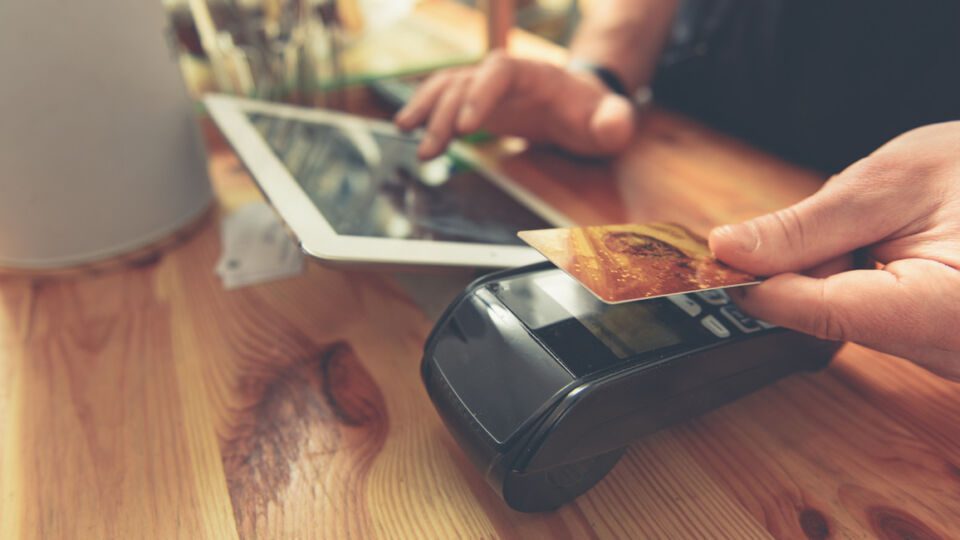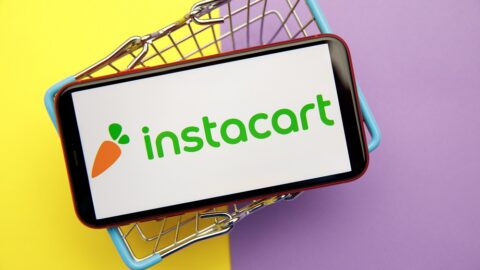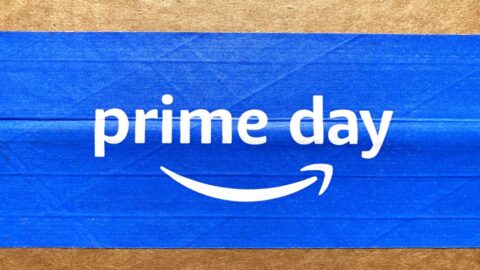The Consumer Financial Protection Bureau (CFPB) is planning to start regulating buy now, pay later (BNPL) products. The organization noted that BNPL providers are already subject to some federal and state oversight, and that it has “authority to supervise any non-depository covered persons, such as a BNPL provider, in certain circumstances.”
“Buy Now, Pay Later is a rapidly growing type of loan that serves as a close substitute for credit cards,” said Rohit Chopra, Director of the CFPB in a statement. “We will be working to ensure that borrowers have similar protections, regardless of whether they use a credit card or a BNPL loan.”
The bureau also released the Buy Now, Pay Later: Market Trends and Consumer Impacts report, which found that Affirm, Afterpay, Klarna, PayPal and Zip together provided 180 million loans totaling over $24 billion in 2021, a near tenfold increase from 2019. The report also “identified several areas of risk of consumer harm,” including:
- Inconsistent consumer protections: Some products may not offer protections that are standard elsewhere in the consumer financial marketplace, including a lack of standardized cost-of-credit disclosures, minimal dispute resolution rights or a forced opt-in to autopay;
- Data harvesting and monetization: The CFPB found that some BNPL providers are shifting their business models toward proprietary app usage, and that “the practice of harvesting and monetizing consumer data across the payments and lending ecosystems may threaten consumers’ privacy, security, and autonomy;” and
- Debt accumulation and overextension: The bureau found that BNPL “is engineered to encourage consumers to purchase more and borrow more.” It also noted that some BNPL providers don’t furnish data to major credit reporting companies, which can impact other lenders.
The CFPB also found that BNPL usage has expanded to a wider range of retailers. Apparel and beauty companies accounted for 80.1% of BNPL transactions in 2019 but fell to 58.6% in 2021. Other notable data from the report includes:
- Late fees are becoming more common, with 10.5% of users charged at least one late fee in 2021, up from 7.8% in 2020;
- A total of 13.7% of individual loans in 2021 saw at least some portion of the order returned, up from 12.2% in 2020; and
- Lenders’ profit margins fell to just over 1% of the amount of the loan in 2021, down from nearly 1.3% in 2020.
Retail experts have been anticipating greater regulation of the BNPL space, particularly as economic pressure rises for shoppers. Additionally, growing usage rates have made the space a natural target for scrutiny from government agencies.
“More consumers have now been using BNPL for longer, and many consumers who are now in a payment cycle are also dealing with prices skyrocketing, so the squeeze on their budget is higher,” said Jonathan Sharp, Managing Director at the Consumer and Retail Group at Alvarez & Marsal (A&M) in an interview with Retail TouchPoints. “We are likely going to experience more consumers going to a place with this product that they haven’t before, and participating in a way they weren’t expecting [e.g. with late payments, fees, etc.]. Then I can see a change coming. All financial services, particularly all credit product innovation, tends to go from being lightly regulated to being more regulated as consumers interact with it.”













